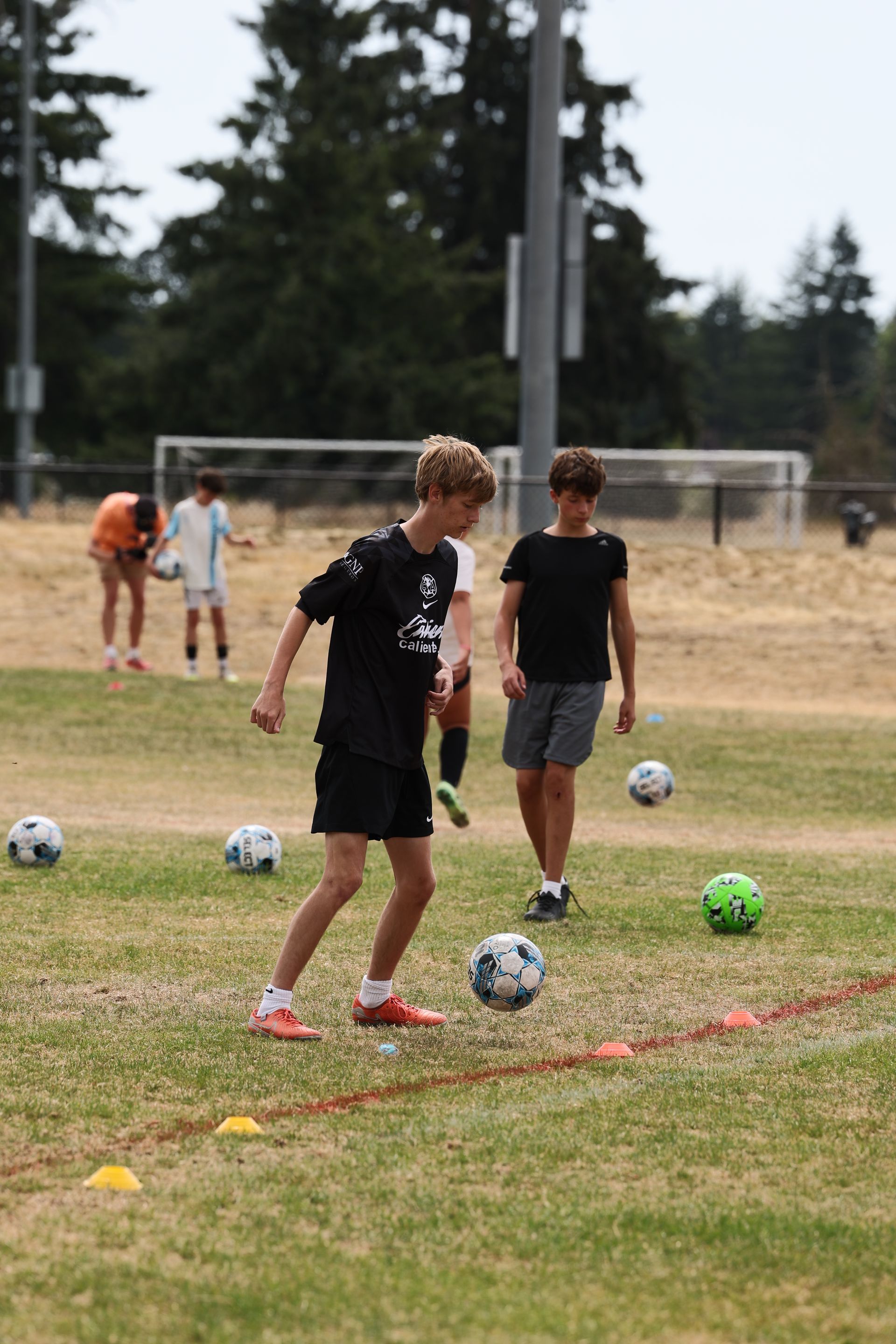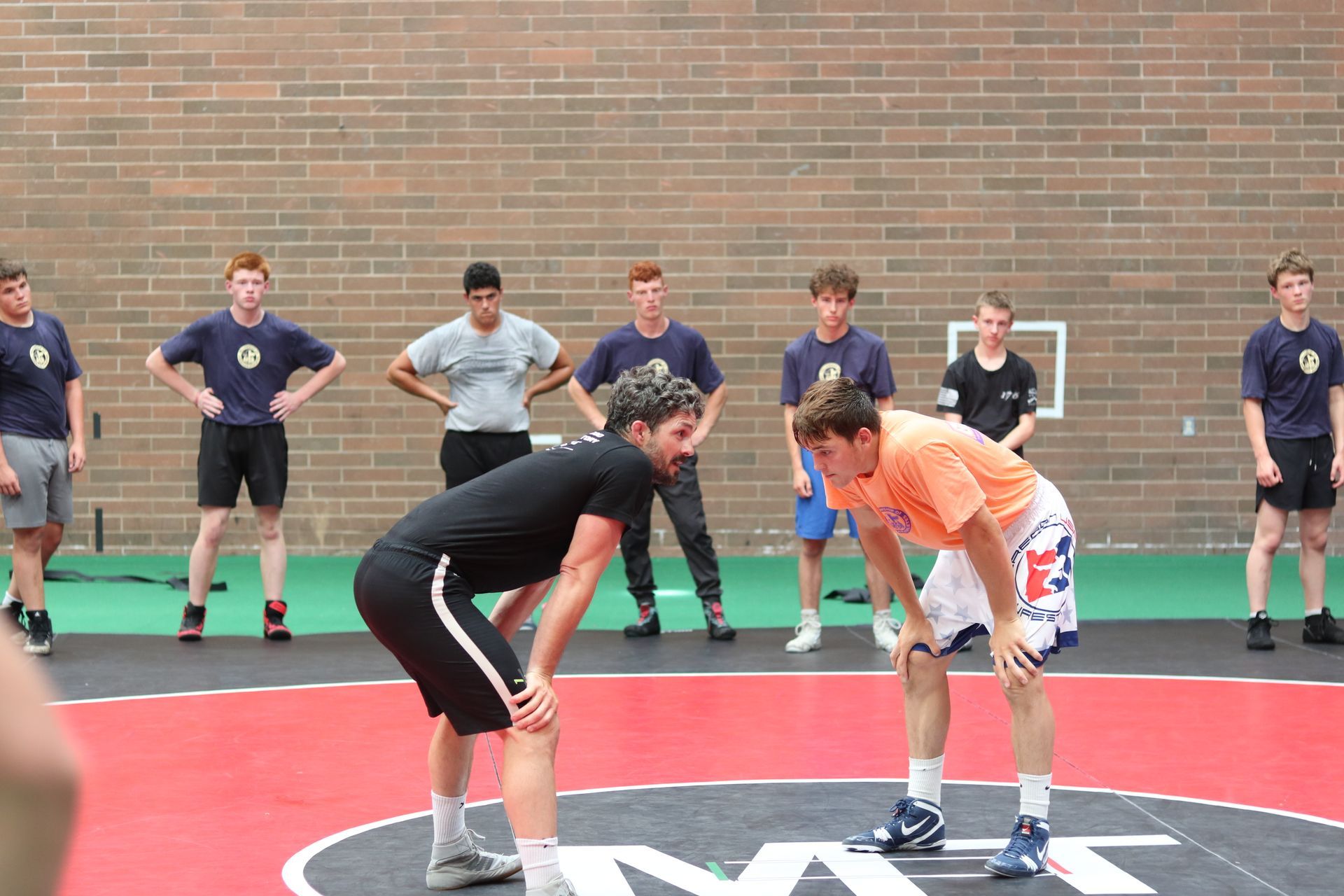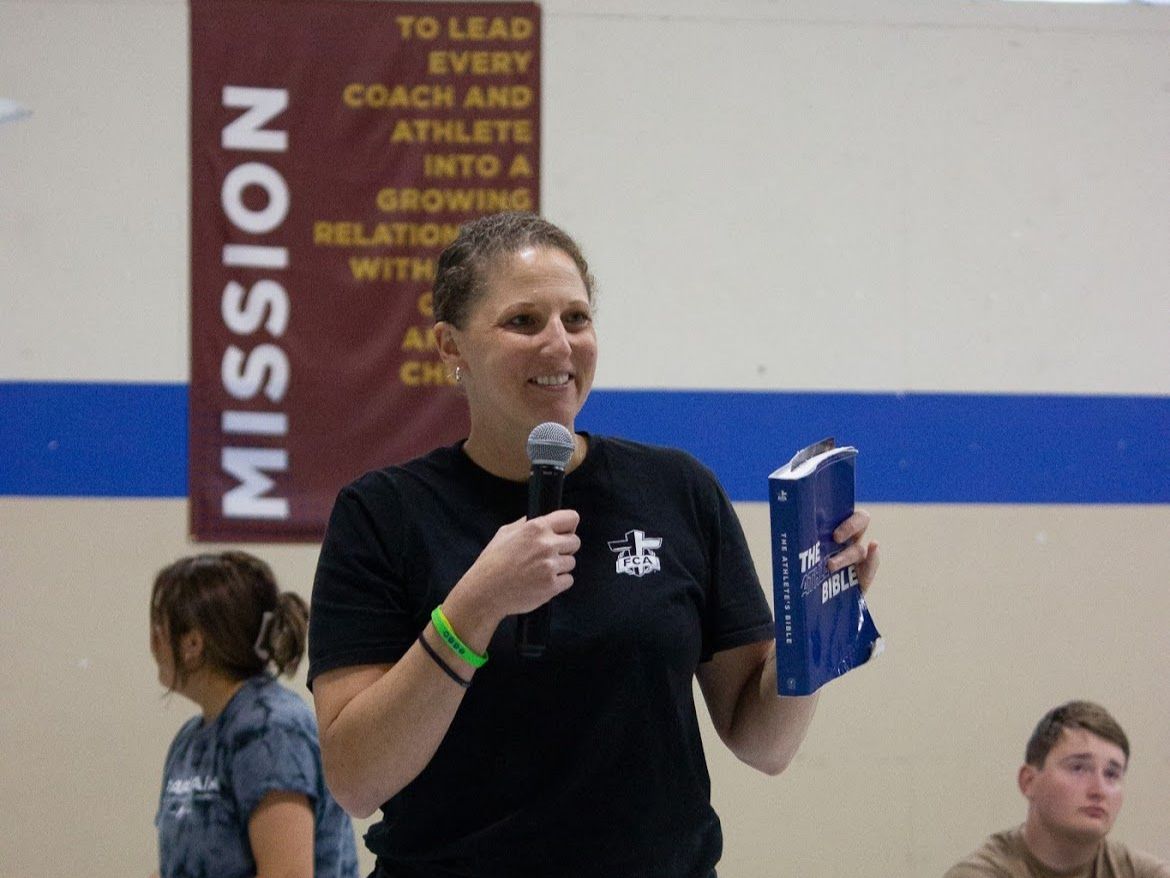
Handling Conflict on the Team
Handling Conflict on the Team: Biblical Wisdom for Tough Conversations
"Be completely humble and gentle; be patient, bearing with one another in love." – Ephesians 4:2
Team dynamics are full of energy, emotion, and competition. As a coach of young Christian athletes, conflict will inevitably arise. But every disagreement is a chance to teach your team how to handle tough moments with grace, truth, and Biblical wisdom. Instead of avoiding conflict, you can lead your athletes to approach it as an opportunity for growth, unity, and spiritual maturity.
Understanding the Source of Team Conflict
Athletes come from different backgrounds, personalities, and motivations. In a competitive setting, frustration can surface, egos can clash, and tension can build. While conflict might seem like a threat to team unity, the Bible reminds us that God can use all things for good (Romans 8:28). When approached with humility and wisdom, disagreements become moments to teach communication, empathy, and forgiveness.
Ephesians 4:2–3 encourages us to maintain unity through patience and love. Remind your team that unity doesn’t mean avoiding disagreement—it means navigating it with a Christ-centered mindset.
Biblical Principles for Resolving Conflict
Scripture is full of guidance on how to handle conflict. Here are a few key principles:
- Gentleness and humility – Proverbs 15:1 says, "A gentle answer turns away anger." Teach your team that tone and approach matter.
- Direct communication – Matthew 18:15 instructs, "If your brother sins against you, go and rebuke him in private." Encourage players to talk things through respectfully, not behind each other’s backs.
- Forgiveness and reconciliation – Colossians 3:13 reminds us, "Forgive as the Lord forgave you." Model and encourage a culture of grace and restoration.
These truths don’t just resolve conflict—they shape character.
Coaching Strategies for Tough Conversations
As a coach, your role is to guide—not just to correct, but to shepherd. Here’s how you can approach conflict resolution in a faith-filled way:
- Create a safe environment – Let athletes know they’re heard. Set the tone with empathy, not judgment.
- Facilitate honest dialogue – Guide conversations that allow teammates to share how they feel and seek understanding.
- Use Scripture to shape conversations – Let God’s Word set the tone for humility, truth, and unity.
- Coach through reflection – Ask: “What would it look like to honor Christ in this moment?”
By practicing these steps consistently, your team learns to value both honesty and harmony.
Building a Culture of Trust and Respect
Conflict resolution begins long before disagreement. It’s rooted in a team culture of love, trust, and shared values. Romans 12:10 calls us to "Be devoted to one another in love. Honor one another above yourselves." You build this culture by:
- Modeling Christlike behavior – The way you handle your own frustration sets the tone.
- Celebrating mutual respect – Affirm selflessness, not just performance.
- Setting expectations early – Let your team know that how they treat each other matters as much as how they play.
When trust is the foundation, hard conversations become growth moments—not breaking points.
Leveraging Retreats and Devotionals for Unity
Team retreats, devotionals, and spiritual checkpoints are powerful moments to reinforce unity and address conflict in a non-threatening space. Retreats allow your athletes to breathe, reflect, and re-center their hearts.
Ideas to consider:
- Host a team devotional on conflict resolution.
- Use team bonding time to practice empathy and active listening.
- Incorporate prayer circles for shared understanding and healing.
In these safe spaces, walls come down, hearts soften, and teammates connect.
Lead with Faith, Love, and Truth
Conflict doesn’t have to be a disruption—it can be a discipleship moment. By leading your athletes through tough conversations with biblical wisdom, you teach them how to resolve conflict not just as teammates, but as followers of Christ.
Reflection Questions for Coaches:
- How can I model a Christlike response when conflict arises?
- Am I creating a culture where honesty and respect thrive?
- What Scripture can I share with my team to encourage unity?
With each conversation handled with love and truth, you are preparing your athletes to become peacemakers—not just on the team, but in every part of their lives.
Recent Articles












